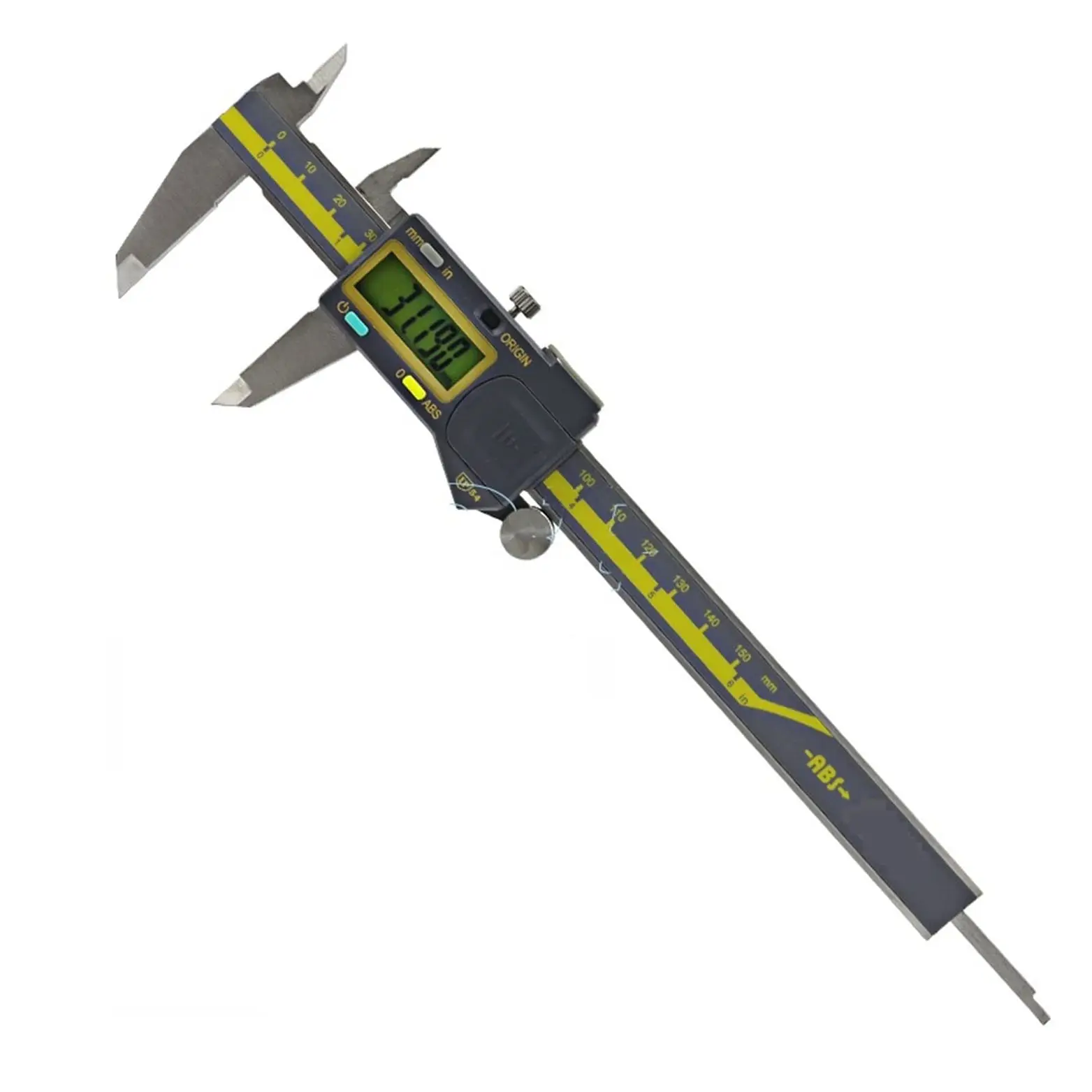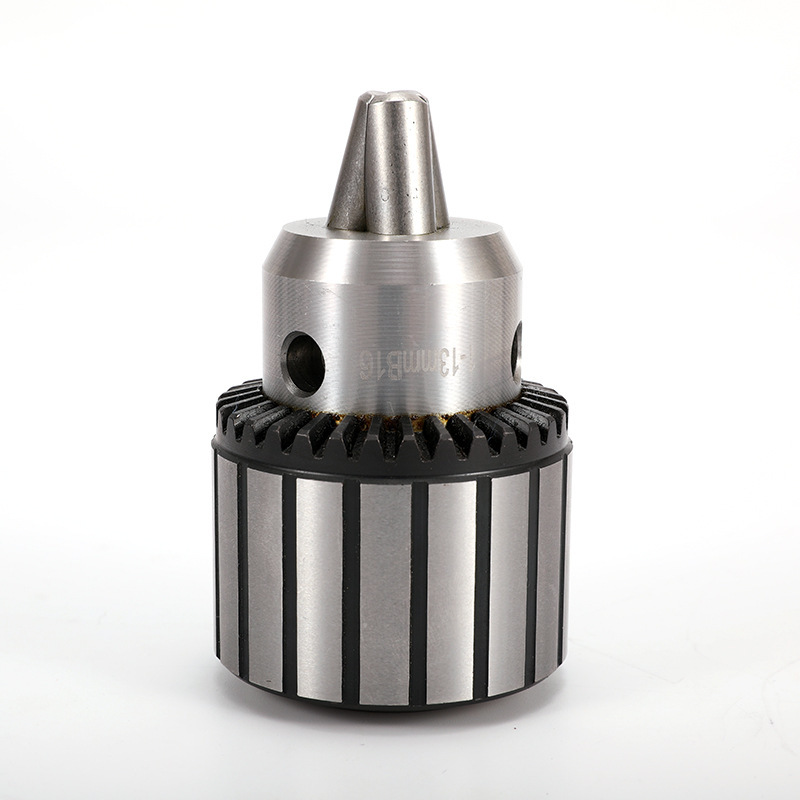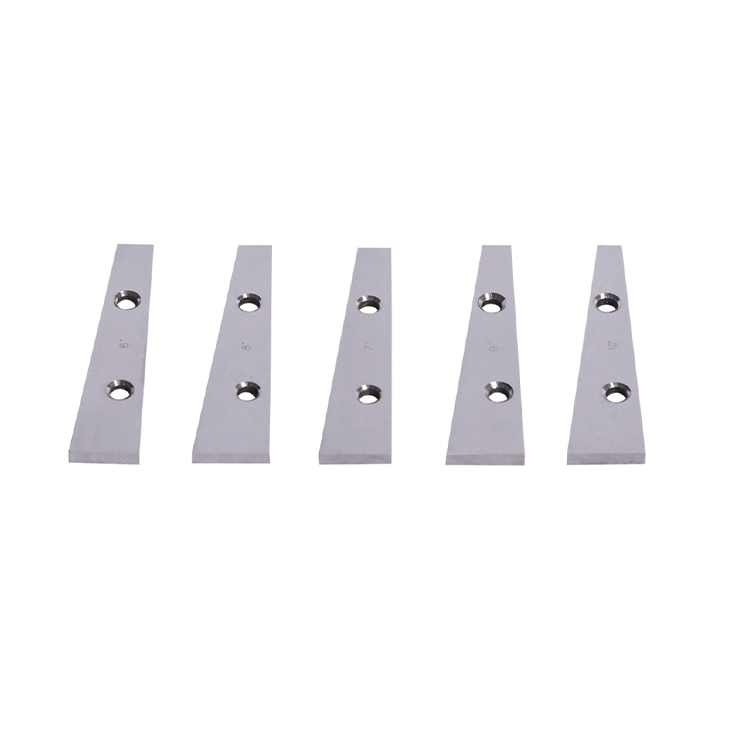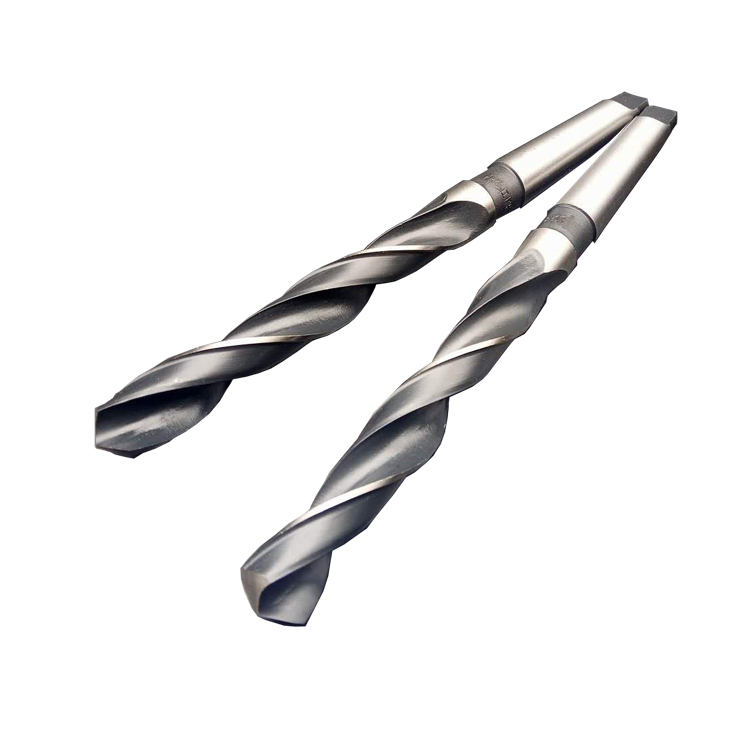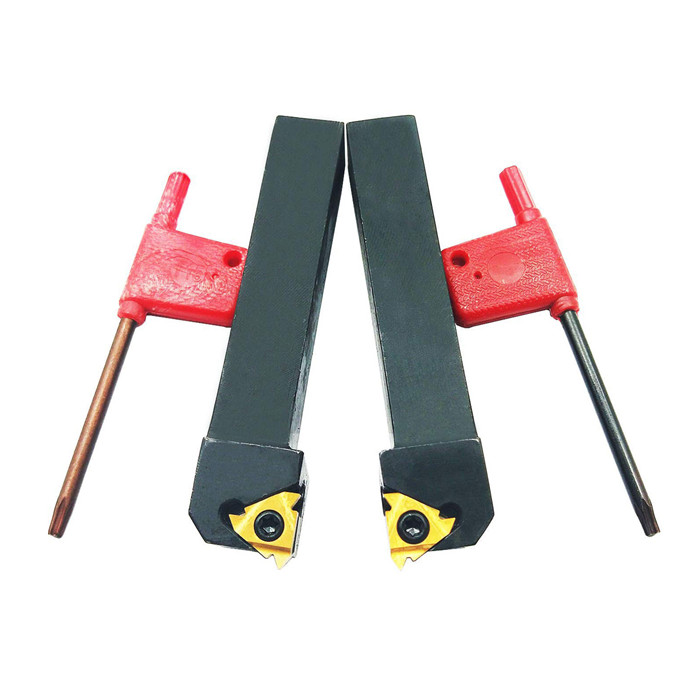Wholesale thread gauge
A thread gauge, also known as a screw pitch gauge or thread pitch gauge, is an essential tool for measuring the pitch or lead of a screw thread. Choosing the right wholesale thread gauge involves understanding different types, materials, accuracy levels, and applications. This guide explores these aspects to help you select the best thread gauges for your specific needs.
Understanding Thread Gauges
Thread gauges are precision instruments used to determine the pitch or lead of a screw thread. They are crucial for identifying the thread size and ensuring compatibility between mating parts. Accurate thread measurement is vital in various industries, including manufacturing, engineering, and quality control.
Types of Thread Gauges
Several types of thread gauges are available, each designed for specific applications. Here are some common types:
- Pitch Gauges: These gauges consist of a set of leaves, each with a different thread pitch. By matching the leaves to the thread being measured, the pitch can be determined.
- Plug Gauges: Plug gauges are used to check the internal threads of nuts and tapped holes. They come in different sizes and thread forms.
- Ring Gauges: Ring gauges are used to check the external threads of screws and bolts. Like plug gauges, they are available in various sizes and thread forms.
- Go/No-Go Gauges: These gauges have two ends, a 'Go' end that should easily enter the thread and a 'No-Go' end that should not. They provide a quick and easy way to check if a thread is within acceptable tolerances.
- Digital Thread Gauges: Digital thread gauges offer precise measurement readings displayed on a digital screen. They often include advanced features like data storage and connectivity.
Materials Used in Thread Gauges
Thread gauges are typically made from hardened steel or carbide to ensure durability and accuracy. High-quality materials are essential for maintaining the gauge's precision over time.
- Hardened Steel: This is a common material for thread gauges due to its strength and wear resistance.
- Carbide: Carbide gauges offer even greater wear resistance and are suitable for high-volume or abrasive applications.
Factors to Consider When Buying Wholesale Thread Gauges
When purchasing wholesale thread gauges, several factors should be considered to ensure you get the right tools for your needs.
Thread Type and Size
Determine the specific thread types and sizes you need to measure. Common thread types include Metric, Unified National (UN), National Pipe Taper (NPT), and British Standard Pipe (BSP). Ensure the gauges you select are compatible with the threads you will be working with.
Accuracy and Tolerance
The accuracy and tolerance of a thread gauge are critical for precise measurement. Choose gauges that meet the required accuracy standards for your application. Look for gauges with calibration certificates to ensure traceability and reliability.
Durability and Longevity
Consider the material and construction of the thread gauges. High-quality materials and robust design will ensure the gauges can withstand frequent use and maintain their accuracy over time. Pay attention to wear resistance, especially if you are working with abrasive materials.
Application Requirements
Consider the specific applications for which you will be using the thread gauges. Some applications may require specialized gauges or features. For example, if you are working in a confined space, you may need gauges with a compact design.
Where to Buy Wholesale Thread Gauges
Purchasing wholesale thread gauges from a reputable supplier is essential for ensuring quality and reliability. Wayleading Tools (www.wayleading.com) offers a wide range of high-quality thread gauges to meet your specific needs. Consider the following when selecting a supplier:
- Product Quality: Ensure the supplier offers gauges made from high-quality materials and manufactured to strict standards.
- Product Range: Choose a supplier with a comprehensive range of thread gauges to meet your diverse needs.
- Customer Support: Look for a supplier that offers excellent customer support and technical assistance.
- Competitive Pricing: Compare prices from different suppliers to ensure you are getting a fair deal.
Maintaining and Calibrating Thread Gauges
Proper maintenance and calibration are essential for ensuring the accuracy and longevity of thread gauges.
Cleaning and Storage
Keep thread gauges clean and free from dirt, debris, and corrosion. Clean the gauges regularly with a soft cloth and store them in a protective case or cabinet when not in use.
Calibration
Calibrate thread gauges periodically to ensure they are still within acceptable tolerances. The frequency of calibration will depend on the frequency of use and the accuracy requirements of your application. Refer to the manufacturer's recommendations for calibration procedures.
Handling
Handle thread gauges with care to avoid damage. Avoid dropping or subjecting the gauges to excessive force. Always use the correct gauge for the thread you are measuring to prevent damage to the gauge or the thread.
Examples of Thread Gauges and Their Applications
Example 1: Unified National (UN) Thread Gauge Set
A thread gauge set that measures Unified National (UN) threads. Typically used in North America, these gauges are essential for ensuring compatibility in general engineering applications. They come in a range of sizes from coarse to fine.
These are suitable for general purpose fasteners.
Example 2: Metric Thread Gauge Set
A thread gauge set that measures metric threads. Predominantly used throughout the world, these gauges are required when working with metric bolts and fasteners.
These gauges are used across a very wide array of industries.
Example 3: Go/No-Go Thread Plug Gauge
A Go/No-Go thread plug gauge is used to quickly check if an internal thread is within specified tolerances. The 'Go' end must enter the thread easily, while the 'No-Go' end should not enter more than a few turns. This type of gauge is commonly used in high-volume production environments.
Comparison Table of Thread Gauge Types
| Gauge Type | Application | Pros | Cons |
|---|---|---|---|
| Pitch Gauge | Determining thread pitch | Simple, inexpensive | Subjective, less precise |
| Plug Gauge | Checking internal threads | Accurate, easy to use | Limited to internal threads |
| Ring Gauge | Checking external threads | Accurate, easy to use | Limited to external threads |
| Go/No-Go Gauge | Quick tolerance check | Fast, efficient | Doesn't provide precise measurements |
| Digital Gauge | Precise measurements | High accuracy, data logging | More expensive, requires power |
Conclusion
Choosing the right wholesale thread gauge involves considering the thread type, accuracy requirements, durability, and application needs. By understanding the different types of thread gauges and their applications, you can select the best tools for your specific needs. Purchasing from a reputable supplier like Wayleading Tools ensures you get high-quality gauges that provide accurate and reliable measurements.
Related products
Related products
Best selling products
Best selling products-
 Precision IP54 Digital Outside Micrometer Of Inch & Metric With Data Output
Precision IP54 Digital Outside Micrometer Of Inch & Metric With Data Output -
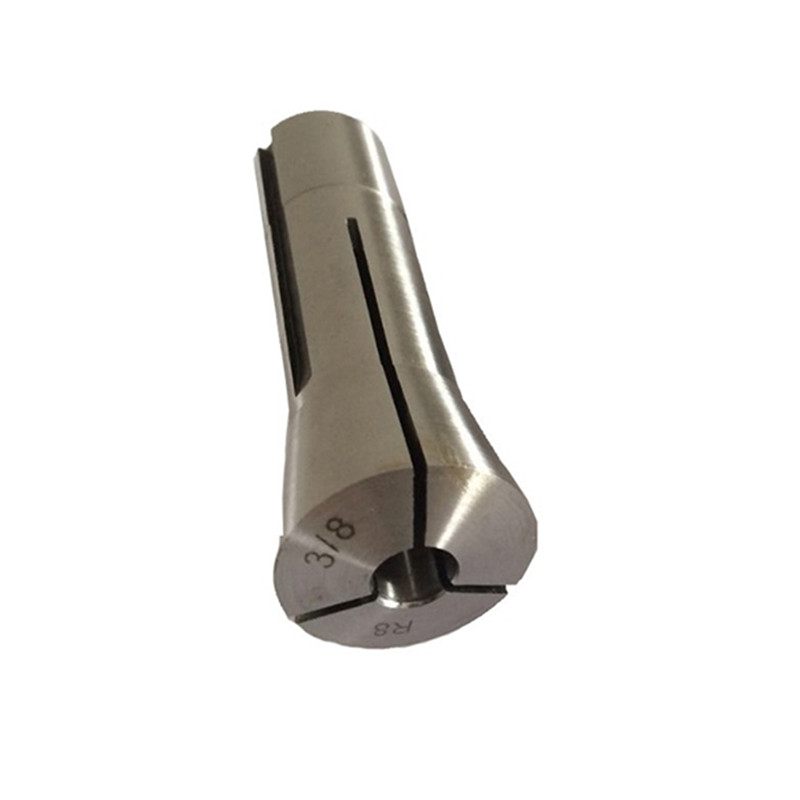 R8 Round Collet With Inch and Metric Size
R8 Round Collet With Inch and Metric Size -
 Precision V Block And Clamps Set With Customized Type
Precision V Block And Clamps Set With Customized Type -
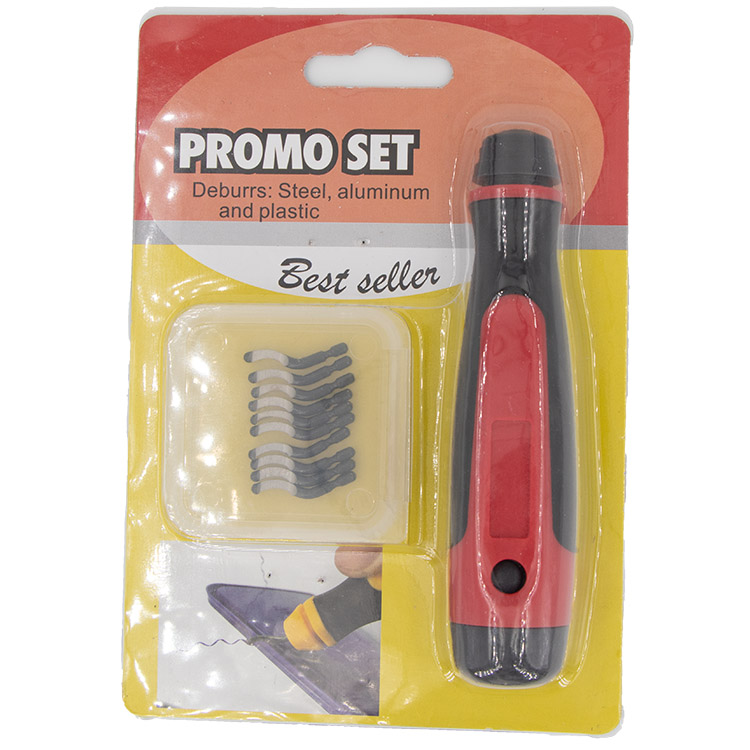 Type B Light Duty Deburring Tool Set With Deburring Holder And Deburring Blade
Type B Light Duty Deburring Tool Set With Deburring Holder And Deburring Blade -
 MT/R8 Shank Quick Change Tapping Chuck With MT & R8 Shank
MT/R8 Shank Quick Change Tapping Chuck With MT & R8 Shank -
 Precision Vernier Caliper Of Metric & Imperial For Industrial
Precision Vernier Caliper Of Metric & Imperial For Industrial -
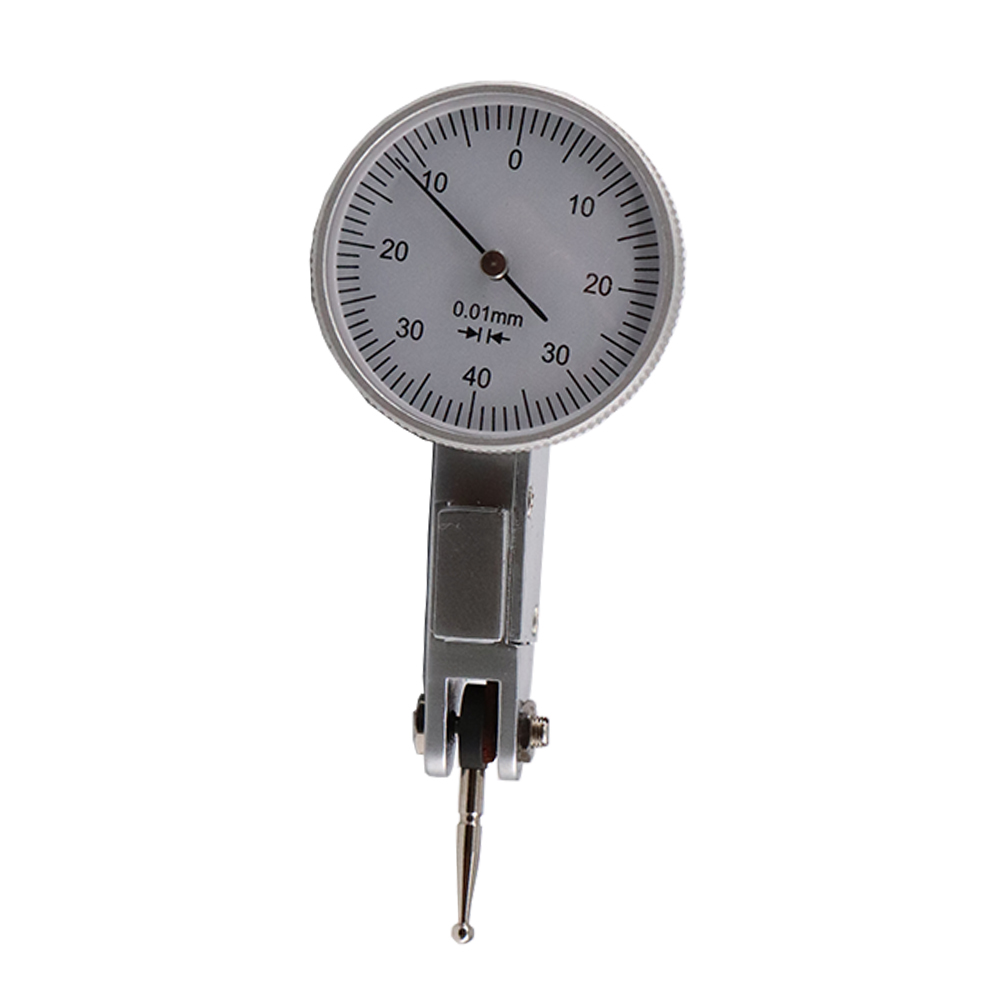 Precision Dial Test Indicator Gage For Industrial
Precision Dial Test Indicator Gage For Industrial -
 Precision Monoblock Vernier Caliper With Nib Style Jaws Of Metric & Imperial For Industrial
Precision Monoblock Vernier Caliper With Nib Style Jaws Of Metric & Imperial For Industrial -
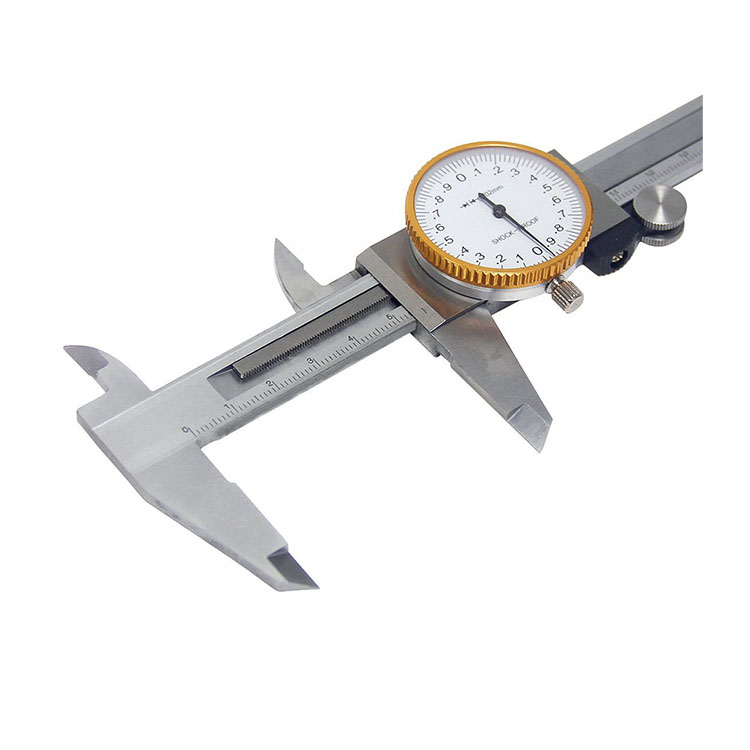 Precision Dial Caliper Of Metric & Imperial For Industrial
Precision Dial Caliper Of Metric & Imperial For Industrial -
 Precision 17pcs Angle Blocks Set With High Quality Type
Precision 17pcs Angle Blocks Set With High Quality Type -
 Type J-60 Degree Cone Tungsten Carbide Rotary Burr
Type J-60 Degree Cone Tungsten Carbide Rotary Burr -
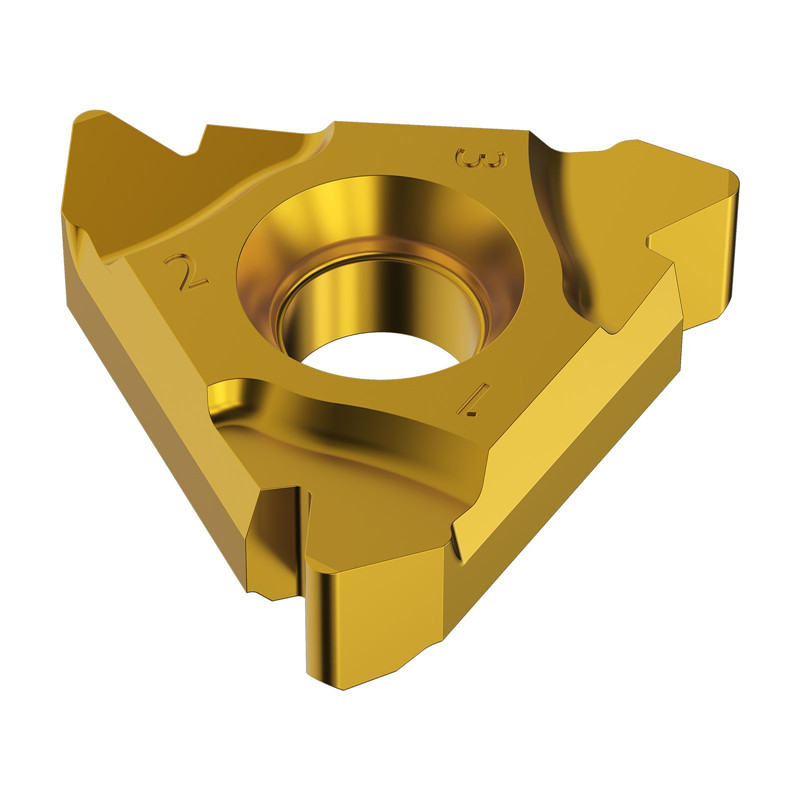 Partial profile 60° Threading Insert With ER & IR Type
Partial profile 60° Threading Insert With ER & IR Type

